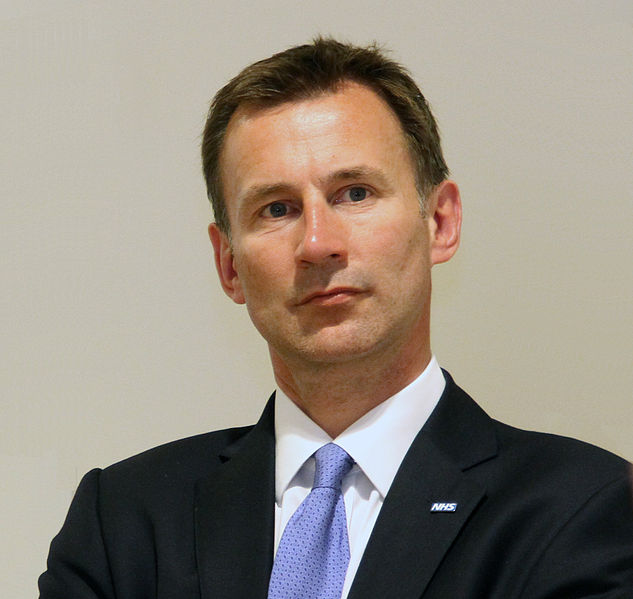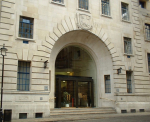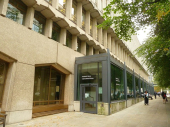
Jeremy Hunt is exploring the possibility of implementing a £10 billion reduction in business taxes to stave off a potential recession in the coming year. The Chancellor is contemplating extending
a temporary tax incentive designed to reward companies for investing in their operations.
This proposal is currently under consideration for inclusion in the upcoming Autumn Statement, an economic update for the month, despite cautions from the Treasury that personal tax reductions are improbable.
A recent report indicates that the Chancellor may have a more substantial financial leeway than initially anticipated, owing to a boost in revenues from stealth taxes. The Resolution Foundation, a think-tank, suggests that Mr. Hunt may have a £13 billion "fiscal headroom," which is double the amount projected during the March Budget.
The study points out that high inflation, combined with record wage growth, is driving tax revenues to increase at a faster rate than expected, with receipts anticipated to surpass the Office for Budget Responsibility's forecasts by £16 billion.
However, the Resolution Foundation contends that this increase in headroom is mostly illusory because inflation also leads to heightened government expenses. Research director James Smith explained that high inflation, besides causing a significant cost of living crisis, is artificially boosting public finances, as elevated pay growth contributes to increased tax revenues. He cautioned that while this might create the illusion of additional room for maneuver in the Autumn Statement, it's based on the premise that higher inflation will enhance tax income without simultaneously escalating public service expenditures.
Nevertheless, sources within Whitehall have confirmed that the Chancellor is giving serious thought to business sector requests for an extension of the temporary "full expensing" regimen, which allows companies to offset their investment costs against taxes. Mr. Hunt initially introduced this scheme in response to a substantial hike in corporation tax, increasing it from 19% to 25%. He expressed a desire to make this initiative permanent "when fiscal conditions allow."
A Whitehall insider emphasized that encouraging business investment is a primary objective of the forthcoming Autumn Statement. Photo by Ted Eytan, Wikimedia commons.


































